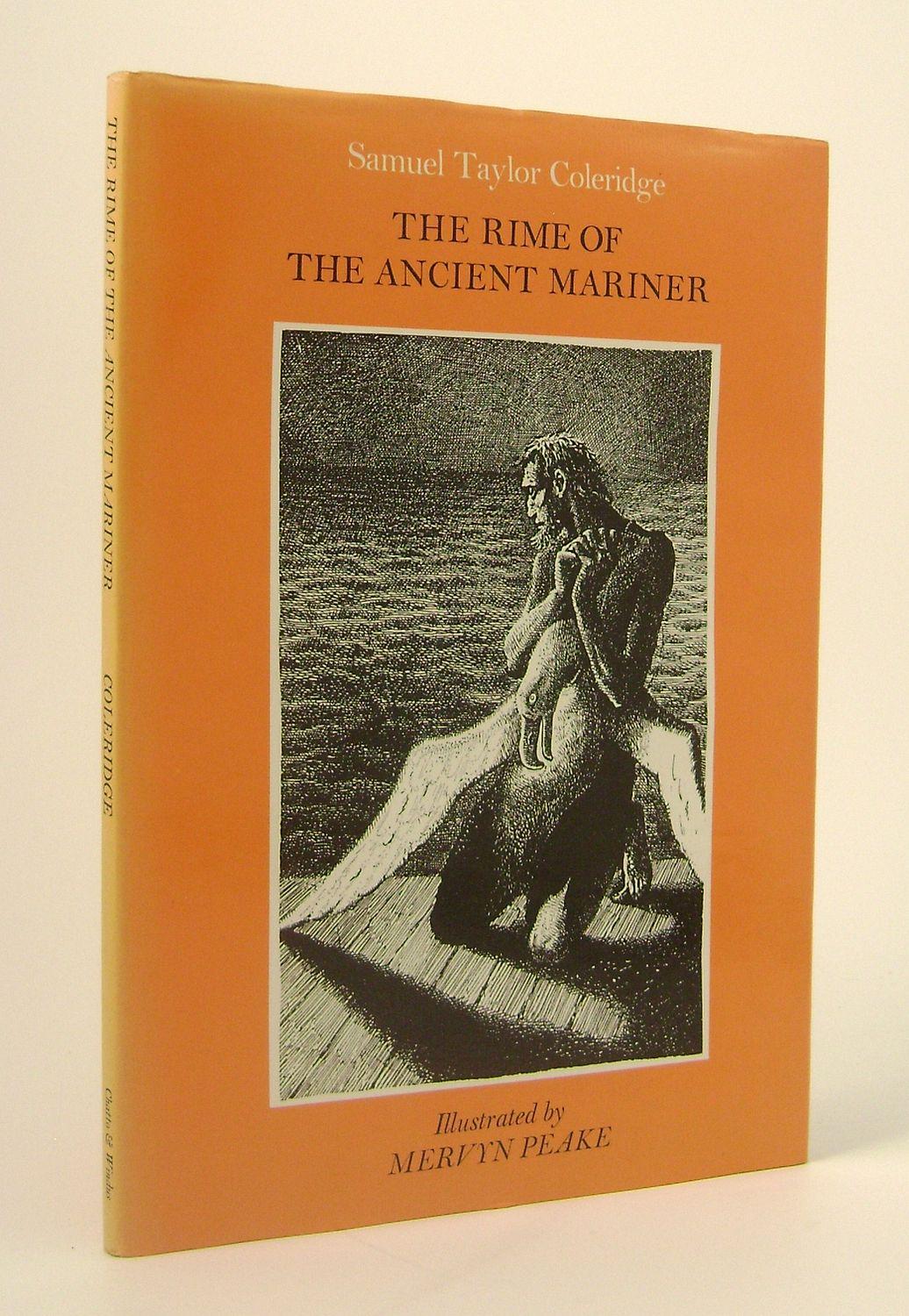Extollager
Well-Known Member
- Joined
- Aug 21, 2010
- Messages
- 9,054
Samuel Taylor Coleridge's remains rediscovered in wine cellar
I believe that a strong case could be made for Samuel Taylor Coleridge (1772-1834) as the most important figure in English-language fantastic literature. There, I've said it.
To start with: No "Kubla Khan," no Lord Dunsany's fantasy-dream worlds. It's all there, in potential at least, in Coleridge's poem.
The imaginary-world medieval fantasy is there, or nearly there, in "Christabel." Everyone from George MacDonald to William Morris to Robert E. Howard to J. R. R. Tolkien might owe STC something.
I suspect that "The Rime of the Ancient Mariner" contributed in one way or another to classic authors such as William Hope Hodgson -- so important for, say, H. P. Lovecraft.
I'm not just making a bid for STC as important as an "influence," tracing which can be tricky. The quality of these three works remains outstanding.
Mervyn Peake certainly seems to have tuned in to the weirdness of the "Rime" in his illustrations for it.
I suspect that Coleridge tends to be taken for granted. The chill breath of Required School Reading may have blown across his words, too.
Here's a place to discuss the man, his works, his influence, etc. What else by STC, other than those three great poems, is worth reading? A concern here is that, as a prose writer, STC's style can be congested. And some of his promising work was never finished.

I believe that a strong case could be made for Samuel Taylor Coleridge (1772-1834) as the most important figure in English-language fantastic literature. There, I've said it.
To start with: No "Kubla Khan," no Lord Dunsany's fantasy-dream worlds. It's all there, in potential at least, in Coleridge's poem.
The imaginary-world medieval fantasy is there, or nearly there, in "Christabel." Everyone from George MacDonald to William Morris to Robert E. Howard to J. R. R. Tolkien might owe STC something.
I suspect that "The Rime of the Ancient Mariner" contributed in one way or another to classic authors such as William Hope Hodgson -- so important for, say, H. P. Lovecraft.
I'm not just making a bid for STC as important as an "influence," tracing which can be tricky. The quality of these three works remains outstanding.
Mervyn Peake certainly seems to have tuned in to the weirdness of the "Rime" in his illustrations for it.
I suspect that Coleridge tends to be taken for granted. The chill breath of Required School Reading may have blown across his words, too.
Here's a place to discuss the man, his works, his influence, etc. What else by STC, other than those three great poems, is worth reading? A concern here is that, as a prose writer, STC's style can be congested. And some of his promising work was never finished.


